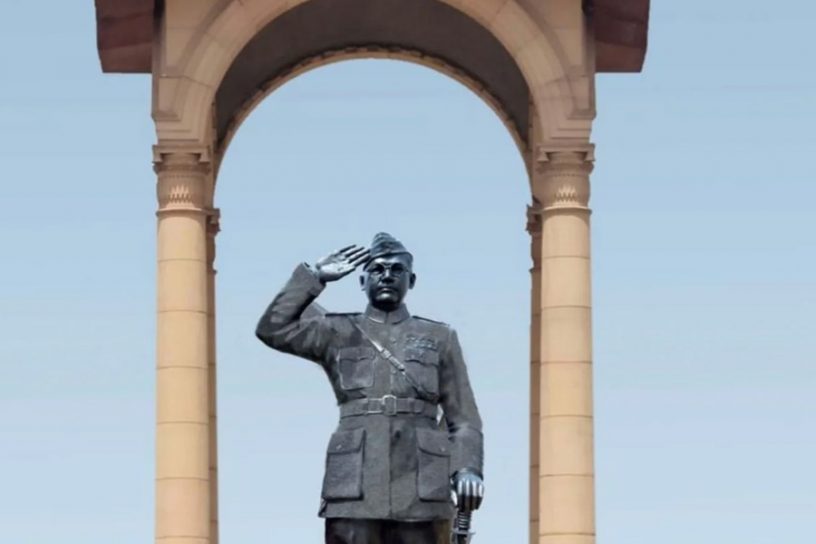
The most contentious issue has been replacing and rejecting vestiges of India’s colonial past and replacing it with ones that reflect the nature of our civilization.
Author
Aishwarya Pandit, Associate Professor, Jindal Global Law School, O.P. Jindal Global University, Sonipat, Haryana, Assam.
Summary
Historical events and pasts are a debatable phenomenon which become highly contentious issues in conversations between people, among academics and writers who re-evaluate the evidence and offer some new insights. In the history of any country in the world, there has been not a time when the analysis of past events and given historical truths have been questioned or debated upon.
Indian history, given our civilization that dates back to thousands of years, has always been a contentious issue among historians. Much of the criticism has been towards erasing India’s glorious past and replacing it with a new one. But the question remains: which interpretation and whose interpretation are we questioning and reassessing?
The most contentious issue has been replacing and rejecting vestiges of India’s colonial past and replacing it with ones that reflect the nature of our civilization. The Prime Minister’s latest effort to rename many roads, symbols and install ones which reflect the pride and glory of Indian civilization on the 75th year of Independence when every citizen has been welcomed to participate and celebrate the idea of India, is a laudable effort.
The renaming of Rajpath or Kingsway as Kartavya Path is one such effort at erasing the last vestiges of the Raj under whose watch millions of Indians suffered to keep the Raj going, man-made famines devastated the lives of millions in Bengal 1943, a famine that was never acknowledged and for which we never received any reparations. The Rajpath was also a symbol of many durbars that took place to welcome to monarch to their colony India.
Published in: The Sunday Guardian
To read the full article, please click here.


